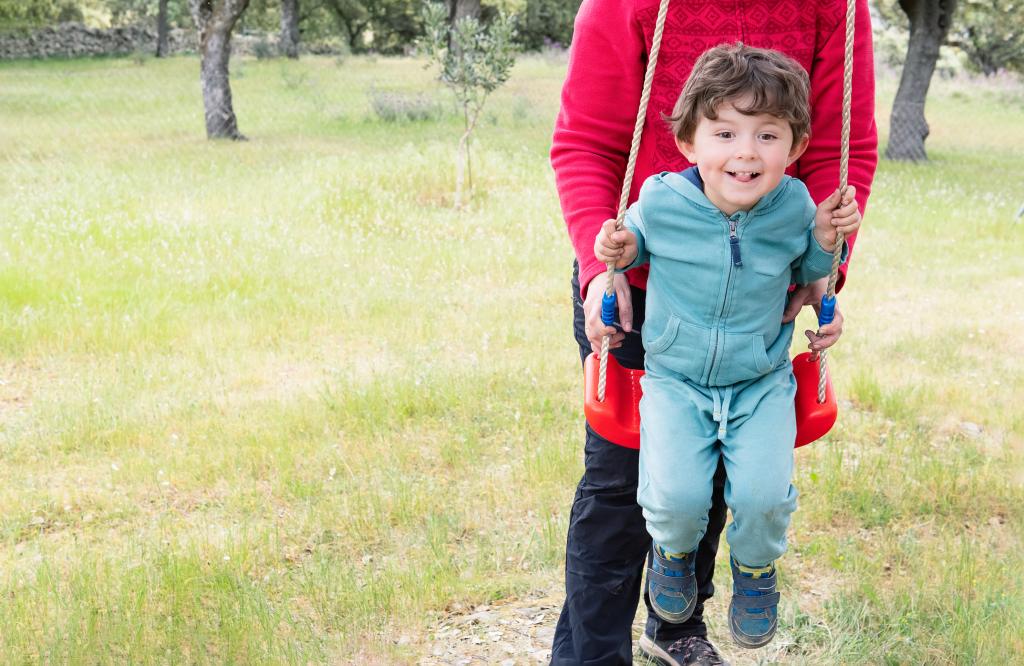
I am often asked whether step-parents hold parental responsibility for children. The short answer is no. There are, however, a number of ways within which a step-parent can secure parental responsibility.
The first question, however, to be asked is:
What are step-parents?
According to the Family Law Act 1975, you are a step-parent of a child if you are not a biological parent of a child in your care, are or were married to, or a de facto partner of one of the child’s biological parents (in other words, a long-term cohabitant).
Legal Decisions
Without parental responsibility despite the length of time a child might have been living with them or they may have been involved in a child’s life, the step-parent does not have any legal standing in making decisions regarding the child. This includes even something as simple as signing a consent form for a school trip.
A step-parent can secure parental responsibility in a number of ways, including:
- If the step-parent marries a child’s parent (or falls within the definition of a step-parent) then they can enter into a Parental Responsibility Agreement. The Agreement must, however, be between not only the step-parent and the parent with whom they are living but also any other parent or holder of parental responsibility.
This means that the consent must be secured not only of the parent with whom the child is living but the other parent as well. This can be difficult to achieve and if the other parent refuses to enter into an Agreement then the next step has to be an Application to the Court.
- A step-parent can make an Application to the Court for a Judge to make an Order that they have parental responsibility for the step-child. However, that Application has to be served on everybody who holds parental responsibility for the child and they will be given the opportunity of opposing such an Application. Whilst it is the Court that will decide whether it is in a child’s best interest for the parental responsibility to be granted to the step-parent, it has been my experience that unless there are exceptional circumstances the Court is highly unlikely to make such an Order.
- Thirdly, a step-parent could apply for a Child Arrangement Order in which they are specifically named as a person with whom the child lives. If such an Order was made this automatically brings with it parental responsibility. However, again it is highly unlikely that if one or other of the parents opposes that Application that it would be granted whilst both parents remain alive.
The most likely scenario where this might be successful is if a parent dies leaving the step-parent not only having been the other primary carer of the child for their life but is also the parent of other children from that relationship who are half-brothers/sisters and wishes the child to remain in that family unit and thereby be able to make legal decisions for the child.
- Similarly, if a step-parent is appointed as a child’s legal guardian in the Will of a natural parent and there is no other holder of parental responsibility (or the application was a parent holding a Live with Child Arrangements Order), then they would secure the parental responsibility through the making of that Will.
Alternative options
There is, however, another option that is open to improve and increase the authority that the step-parent may hold in regard to a child through the devolvement of parental responsibility to that parent. This is considered in the next article.
If you have any questions relating to parental responsibility and step-parents and would now like more information on the different types of proceedings relating to children, please get in touch with our Family Team.
This article is part of a series on Private Family Law and Children Law proceedings. If you would like to learn more about the rules around parental responsibility, contact, holidays and arrangements for separated parents, please click here for the full series.
